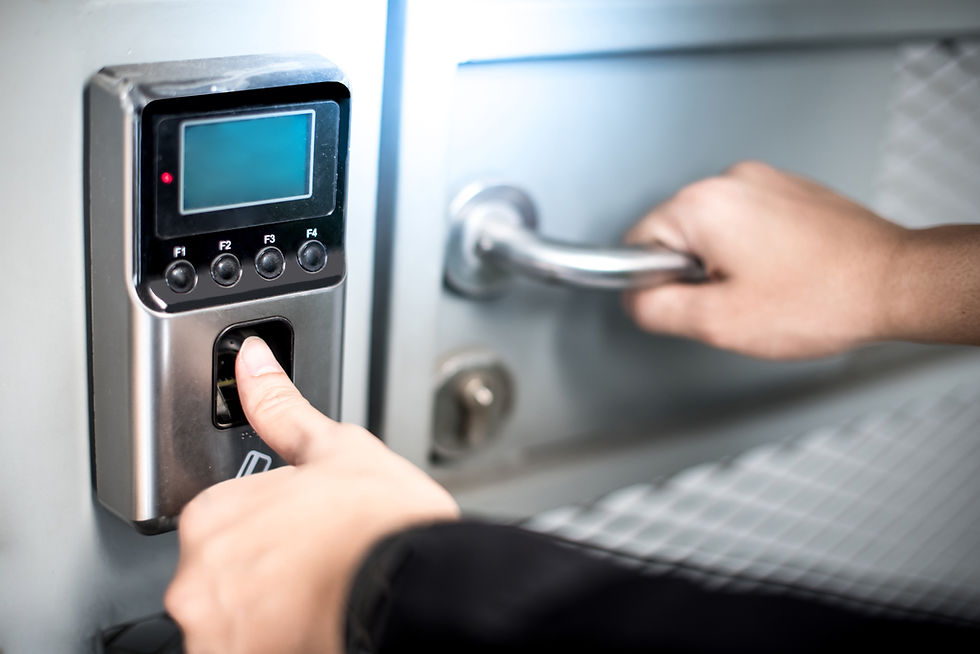What Does Your Savings Look Like?
- John Savage, Author, CFHC
- May 24, 2024
- 3 min read
Updated: Dec 1, 2024

by John Savage, Author, NACCC Certified Financial Health Counselor™️
Savings
I have had many conversations throughout the years, where I talk with people who are making money, but they are not good at saving it. If they see it in their account and their bills are covered, the see it as fun money to spend. Other individuals I talk to, they have money to spend but how it is being allocated is not correct. When I ask, how much do you have in your saving account, they will immediately tell me, I have x amount of dollars in my ESOPP, x amount of dollars in my 401k, and then I have x amount of dollars in my TSP or IRA, etc. This is great, especially when people tell me they have several hundred thousand in their retirement account, but the problem is, they do not have an actual emergency savings where they can freely access cash in case of a true emergency.
Many emergencies I have discussed in my coaching sessions where someone has a serious emergency such as needing to get a major car repair done so they can maintain adequate transportation to get to work on time, homes being burnt down in fires, to serious health issues that caused an employee to have to take some time off of work. In some of these cases, the person I was coaching informed me that they were not allowed to pull money from their retirement account because it was not considered a true emergency or hardship.
It is very disheartening and frustrating when someone can not access their funds in retirement because the Benefits Administrator determined their situation was not a true crisis or Hardship situation all because they put all their funds into retirement and left none to put into their emergency savings where they would have had direct access and control over those funds.
Retirements – they put all their money in an Employer Sponsored Retirement such as a 401k, ROTH 401k, IRA, 403B, 403A, TSP, or something else and they think, I am doing a great job of savings. Yes and no, it depends. The litmus test is when you have some kind of financial or life event and you go to just pull money out and find that you can get access to those funds for a week, or you do not have a Hardship Withdrawal option.
This last year alone I have had several people tell me, “Why can't I get my money out of my retirement account?” “It’s my money!” And to that I say, you are absolutely right, but… You agreed to a contract to leave your money in that account with the goal of not touching those funds for the next 15, 20, 30, 40 years or until the time you can start withdrawing funds without penalty. A contract means two parties benefit from the earned income you choose to place in that account.
Whiley your hard-earned funds into a retirement account is highly suggested especially when it is being match by your employer, that is not really the issue here, the real issue comes down to financial education and sound financial strategies. Which means, how, where, and when you set up your savings in various allocation buckets can many times make the difference between in living debt free or putting large purchases on credit due to improper planning or having to pay hundreds of dollars in monthly interest fees.
Emergency Savings – emergency savings are where you have actual cash on hand in an account you control directly and can withdrawal as you need to cover emergency expenses or other urgent matters. Having spoken with a number of people who were dealing with health issues, experienced a house fire or some other situation, or facing possible bankruptcy or significant debt challenges, they found that getting money out of their retirement account was not allowed even though they had proof of their situation either due to the options available were not explicitly stated or in one case, after a person had heart surgery, she was denied access to funds she desperately need to cover a few bills while she was recovering. These are often hard conversations and do not always have a quick fix.
This is where I spend time educating my clients and helping them strategize ways to increase, adjust, or reallocate saving their money each month. We can easily spend one hour talking about strategies, tools, and resources for savings.




Comments